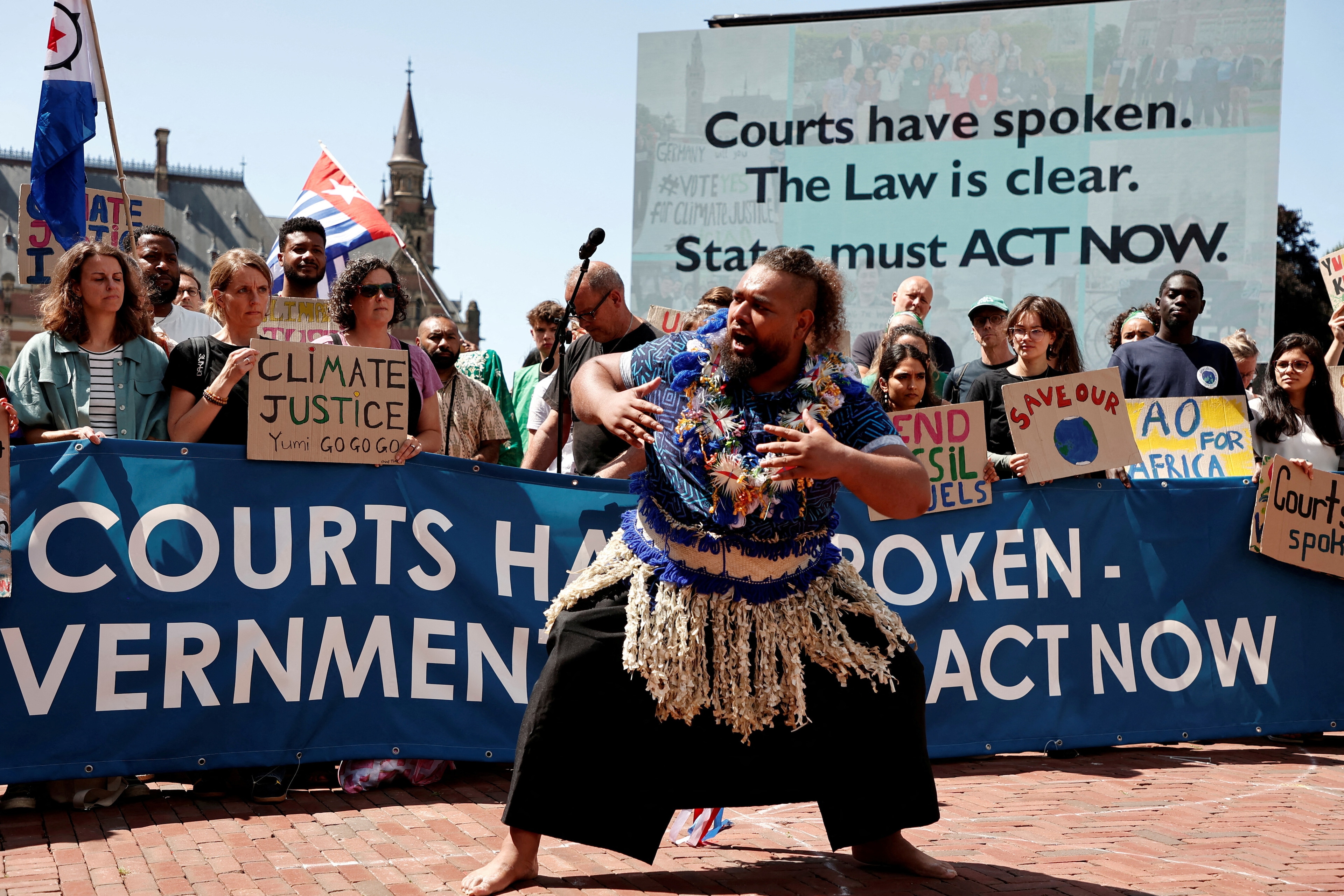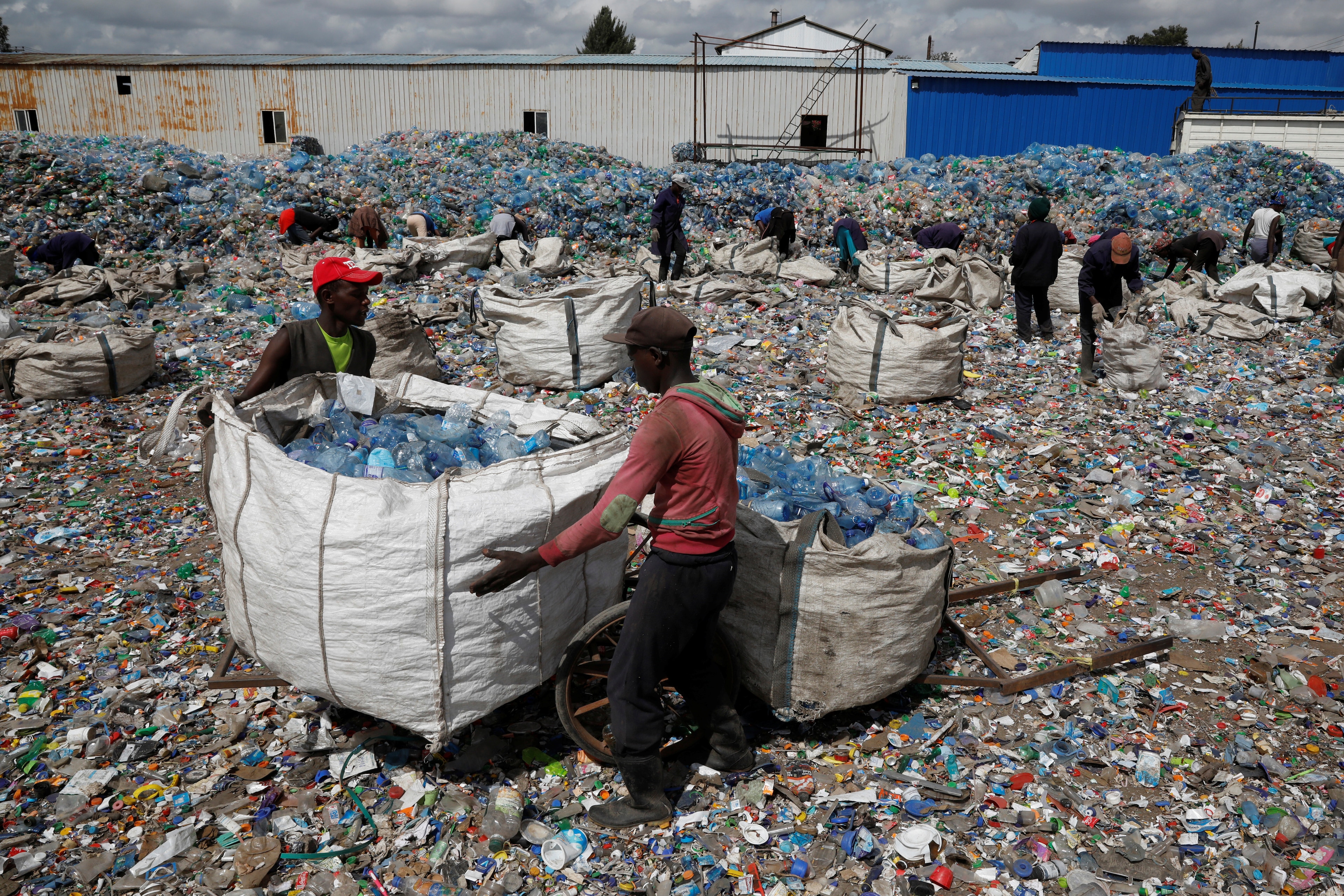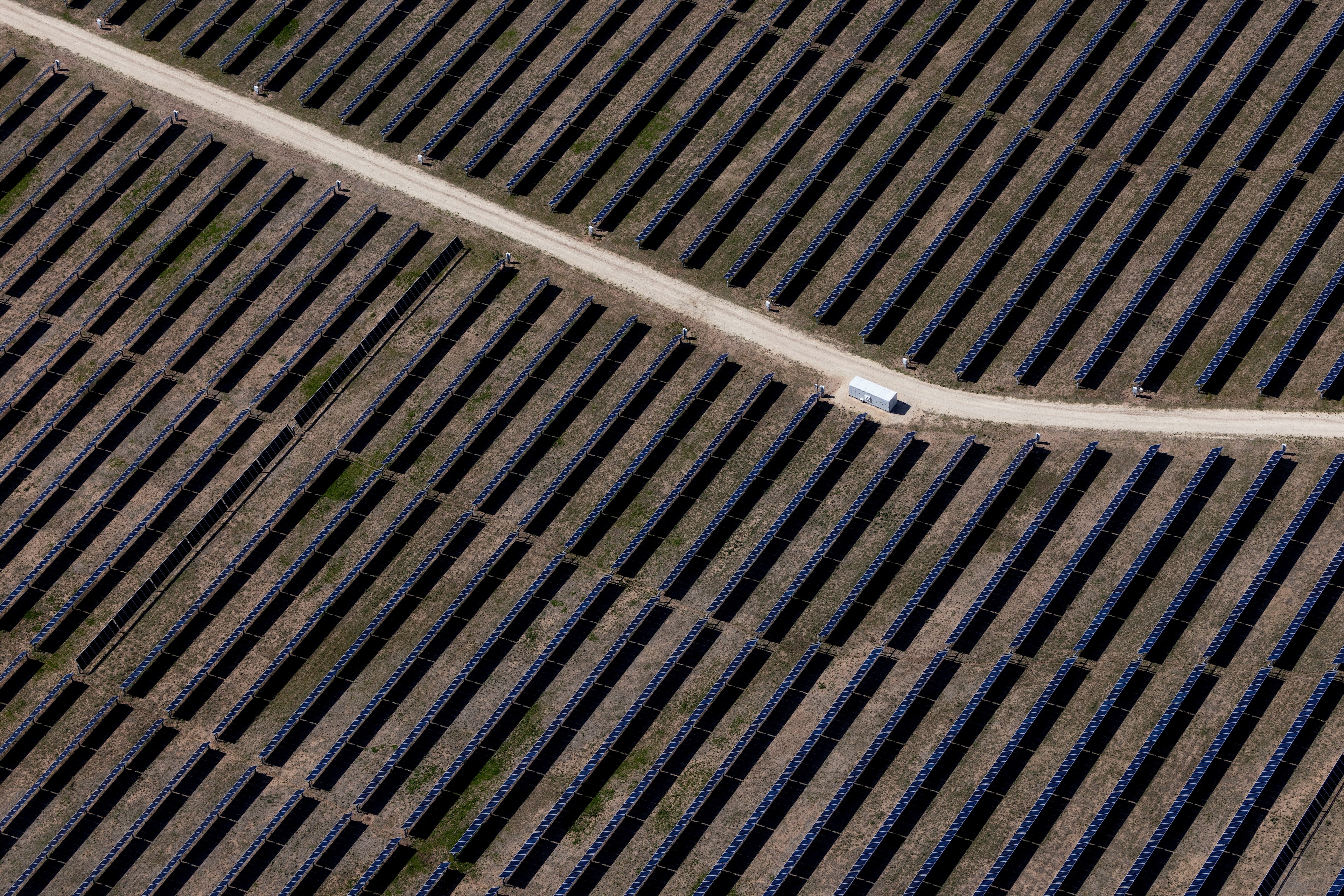This island just became the first 'plastic-free' place in the UK
Anglesey has been awarded Plastic Free Community status by Surfers Against Sewage.
Image: Neil Thomas/Unsplash
Stay up to date:
Plastic Pollution
- Anglesey has received the first UK award for cutting plastic use
- The council met five objectives to achieve plastic-free status
- Businesses have ditched single-use bottles and coffee cups
Anglesey, an island off Wales’ northwest coast, has become the UK’s first "plastic-free" county.
Plastic Free Community status was awarded by Surfers Against Sewage after the island met the five objectives set by the marine conservation group.
The movement forms part of the organization’s wider effort to combat plastics in the ocean, which also includes asking individuals to reduce their plastic consumption and lobbying government for new legislation.
“It’s not about removing all plastic from our lives,” Surfers Against Sewage says. “It’s about kicking our addiction to avoidable single-use plastic, and changing the system that produces it.”
Accept our marketing cookies to access this content.
These cookies are currently disabled in your browser.
Status symbol
To achieve Plastic Free Community status, a local council must adopt a resolution supporting the area’s plastic-free journey.
It must demonstrate it is working with businesses in the community to reduce single-use plastics, work with schools and other local organizations to promote the plastic-free message and hold clean-ups to raise awareness. Finally a steering group of local stakeholders must meet at least twice a year to take the campaign forward.
Once evidence to back up these objectives has been gathered, the council, town or community can apply for its official Plastic Free Community accreditation.
Plastic problem
Single-use plastics have come into focus as large volumes have been found in rivers and the sea.
While it’s a cheap, durable material that has many practical uses, its short-use cycle means much is thrown away, ending up in the environment and often damaging ecosystems.
The Ellen MacArthur Foundation estimates the costs arising from single-use plastics, together with those of the greenhouse gases emitted during production, to be $40 billion a year.
What is the World Economic Forum doing about plastic pollution?
It calls for a ‘New Plastics Economy’ - aligning the plastic industry to the circular economy, reducing plastic waste, reusing objects and recycling them where possible. Ultimately, it’s single-use plastic items that are the main culprits.
Across the UK, other communities are going plastic free, with Penzance in Cornwall cutting back plastic use in its schools and organizing regular beach cleans.
The actions of Anglesey and other small communities underscore how little steps can add up to big actions. These initiatives contribute to broader global goals.
Anglesey Councillor Dafydd Rhys Thomas sums up why the community has made such progress:
“I saw a seal which was struggling with a plastic bag in its mouth - I needed to do something myself for this beautiful island and for our coast.”
Don't miss any update on this topic
Create a free account and access your personalized content collection with our latest publications and analyses.
License and Republishing
World Economic Forum articles may be republished in accordance with the Creative Commons Attribution-NonCommercial-NoDerivatives 4.0 International Public License, and in accordance with our Terms of Use.
The views expressed in this article are those of the author alone and not the World Economic Forum.
Forum Stories newsletter
Bringing you weekly curated insights and analysis on the global issues that matter.
More on Nature and BiodiversitySee all
Tom Crowfoot
July 30, 2025
Oliver Kade, Sarah Hadley and Judith Ketelslegers
July 28, 2025
Nasim Pour, Sebastien Cross and Joel Gould
July 28, 2025
Elena Raevskikh and Giovanna Di Mauro
July 23, 2025
Arunabha Ghosh and Jane Nelson
July 22, 2025






